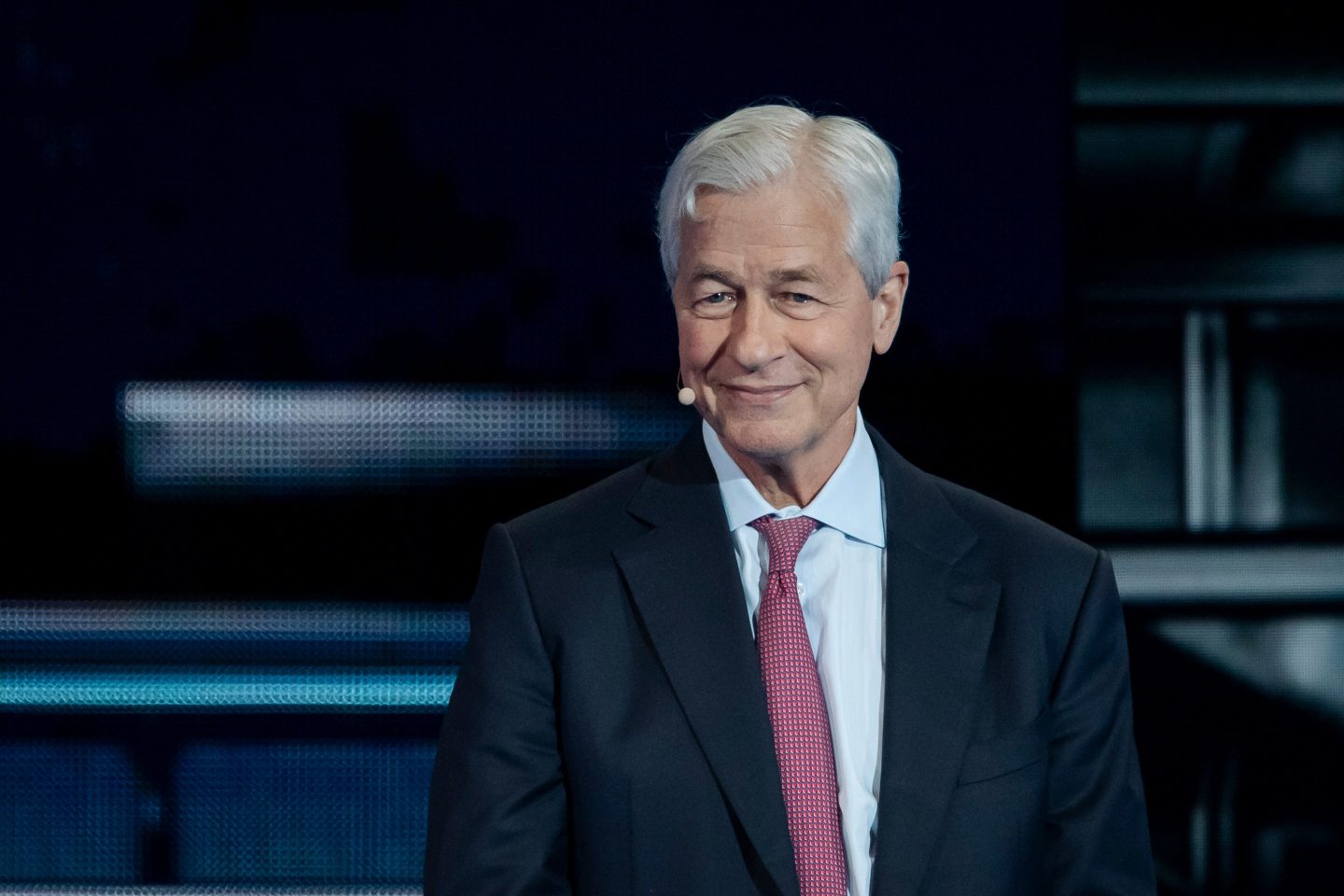
Michael Tedesco last week began work as global head of tech M&A for Jefferies & Co., after having spent the past 16 years with Citigroup. So I rang him up to discuss the move, what he expects the year to look like and why (in one respect) the OpenTable IPO is more important than a Facebook IPO.
Fortune: Why did you choose to leave Citi and join Jefferies?
Tedesco:
I spent the better part of my career at Citi (CITI), and Salomon Brothers, but the institution had changed a lot from the one I joined in 1994. When I looked at my technology clients, I saw growth companies — rather than mega-cap giants — that still needed traditional investment bank advisory services like capital raising and M&A work. But as traditional investment banking became a smaller and smaller part of what Citi was focused on, there just wasn’t as much support to provide those types of services.
I heard a lot from clients that they wanted to do business with companies that looked more like them. Not mega-enterprise companies that control the customer, but companies that really were selling intellectual talent on a day-to-day basis. They felt the big banks were selling something else, and Jefferies is perfectly positioned to fill that void.
Overall tech M&A rose last year, but Jefferies fell in terms of deal volume. What happened, and how do you plan to turn it around?
I’m new here, so don’t have specific data on last year. What I can say, though, ties into my prior answer.
The bulge bracket banks traditionally tend to measure overall M&A volume by deal value even though it’s not necessarily indicative of the fees actually being paid to the Street. If you have six advisors all getting league table credit for the same deal but each getting paid nominal fees, that’s not a measurement that matters much to me.
I think you should measure yourself by how much clients are willing to pay you, which is based both on your caliber of clientele and the quality of your execution [for advisory services].
From an overall perspective, I saw an analysis done by an industry M&A publication, that said if you measure the number of sell-side transactions that used sell-side advisors in 2010 — an important metric because it drives the biggest fees — the number in 2010 was dramatically lower than in 2009. So it’s the type of environment where it’s best to be a high value-add, high-touch advisor to the sell-side, which is where Jefferies has traditionally played.
Conventional wisdom is that tech M&A will be busier in 2011 than in 2010. Do you agree?
Absolutely, particularly with companies in the enterprise technology space. These companies have long sales cycles and it costs a lot to get new sales people ramped up to productivity, so they usually are the most hesitant to move. But if you spend time with their boards and management, which I have, you get a really strong sense for their level of confidence in the economy. In fact, I think it’s higher than overall conventional wisdom thinks it is. M&A all boils down to confidence of and by boards and management, and I think most of the M&A will be more growth-oriented than defensive.
There has been a lot of talks about companies like Facebook staying private, rather than (yet) testing the public markets. Do you see that as a trend, or just a few leading companies that happen to be run by iconoclastic CEOs?
I’d say it’s the latter. Facebook really is an exception. So is Groupon.
In general, the public market is still a bit bifurcated: You either have a unique product and can get public at a very high valuation, or you are a me-too company with modest growth and profitability that can do something just slightly better than a bunch of other companies that already are public. For that second group, all they really offer is a willingness to go public at a steep discount, but the public isn’t too interested in that.
Do you believe that something like a Facebook or Groupon IPO would be so large that it would clear the way for other, lesser, companies?
I don’t think so. If Facebook goes public, everyone will want to own it. But not necessarily wonder what’s next. To clear the way, I think a better analogy is when OpenTable (OPEN) went public. It happened in a very bad equity environment with a somewhat complicated story, and their numbers weren’t great because they were trying to grow so fast. The fact that OpenTable got out and performed well, really did open up a decent IPO window for other Internet-related assets like ReachLocal.
Do you expect private equity to be a major tech M&A player this year?
So long as liquidity remains in the credit markets, I think private equity will keep playing a role. Public investors still are really undervaluing cash-flow driven businesses, and there has got to be a home for legacy companies like Seagate (STX) that are not sexy enough to public market investors to command a high valuation multiple. The big tech companies right now are all about paying high multiples, and hoping to find ways to then grow into the valuation.
But if the public markets don’t want the Seagate’s of the world, shouldn’t PE firms be concerned that they won’t have exit opportunities for such companies?
It’s a fair point, but those who put in place the proper capital structure and have confidence they can run the business slightly better will do deals. If you can lever something to buy it at 8x EBITDA and even sell it for just 9x EBITDA — which is how legacy businesses used to trade — you can get to a good cash return. Plus you have leveraged recaps and sponsor-to-sponsor deals.
I’m used to hearing large LBO firms talk about how they couldn’t pay a certain amount because it wouldn’t help them generate a certain IRR. But I’ve seen the final math on some of these deals, and the return thresholds can be lower if the deal is big enough because the private equity investor’s economic incentive is to do larger deals. It’s better to get a 2x return on a $4 billion deal than a 4x return on a $500 million deal.










